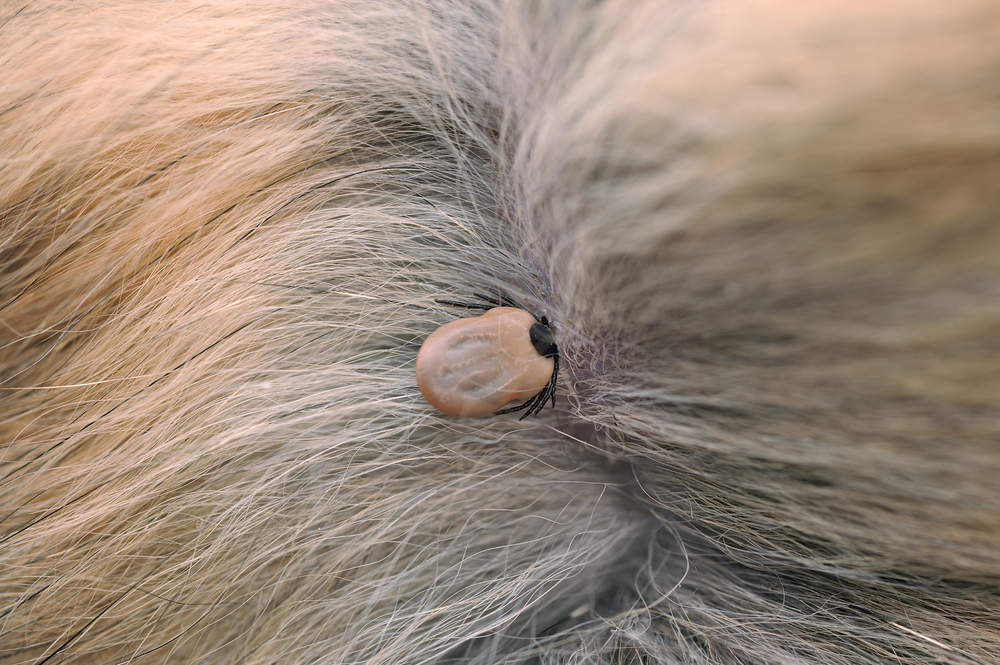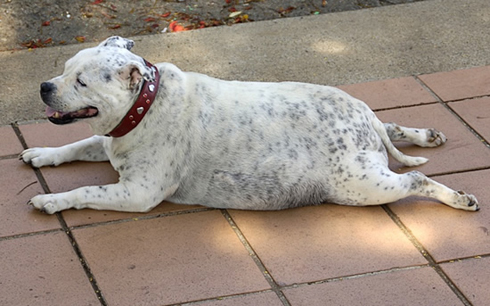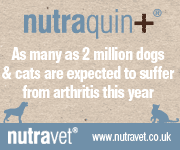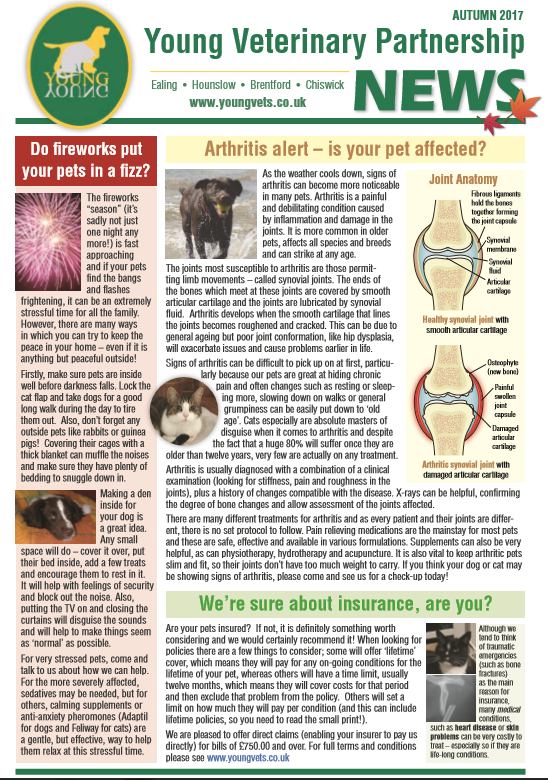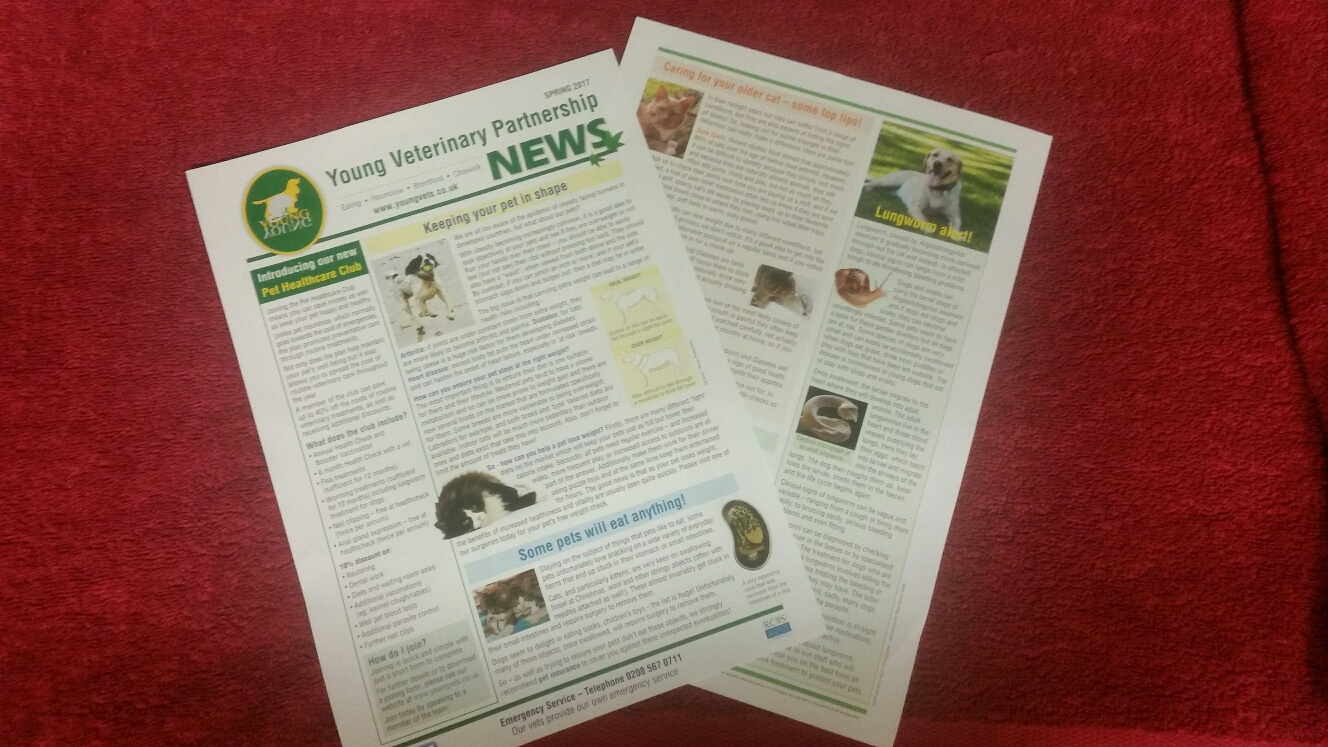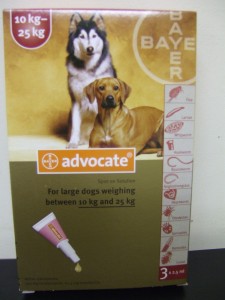Autumn has arrived – are you and your pet prepared
Autumn has arrived – are you and your pet prepared
from fermenting fruit to antifreeze, are you aware of the toxins that could be lurking in your home at this time of year? Our Autumn News has some great advice on what to watch out for during the changing seasons and when symptoms could indicate a pet emergency. Read our Autumn News here.
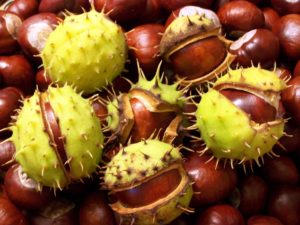
Fleas & ticks
love the warm weather, and in addition to your home, they thrive outside in parks and gardens. Our Autumn News explains the signs to watch out for and how to prevent them coming home with your pet.
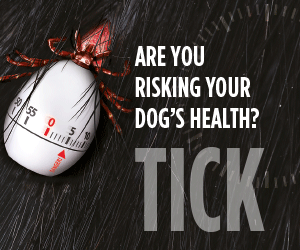
Firework Fright!
Whilst so much has changed over the past few months following Covid – 19, it is likely that fireworks will continue to plague the lives of many pets. With this in mind, our Autumn News gives some great advice on how to help keep your pet calm and safe at this time of year.

We hope you have enjoyed reading our Autumn News 2020, if you have a query on any of the articles mentioned do not hesitate to contact our friendly team for more advice.

